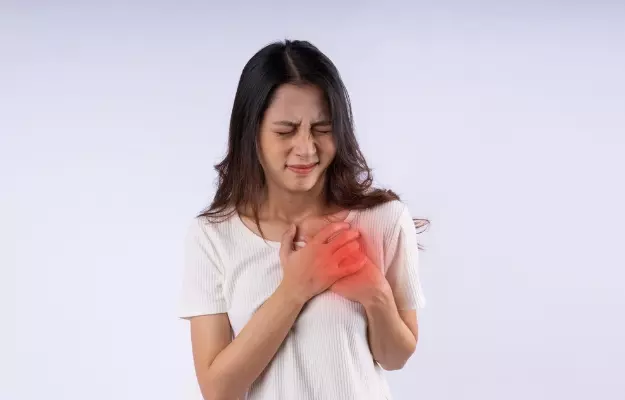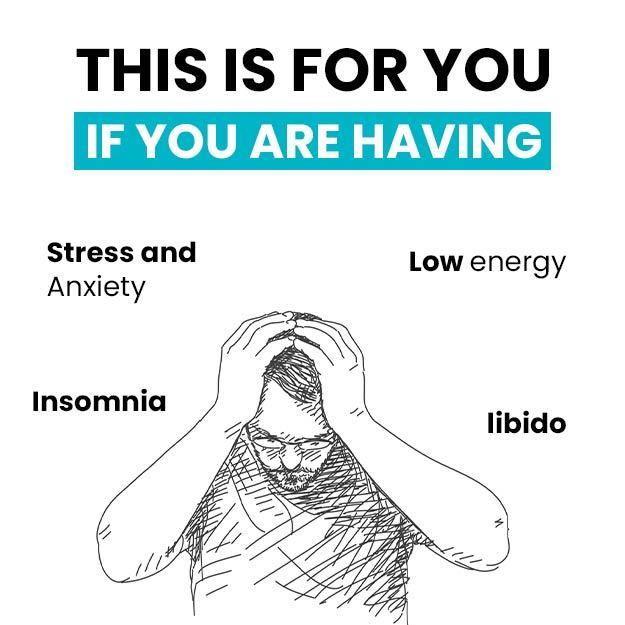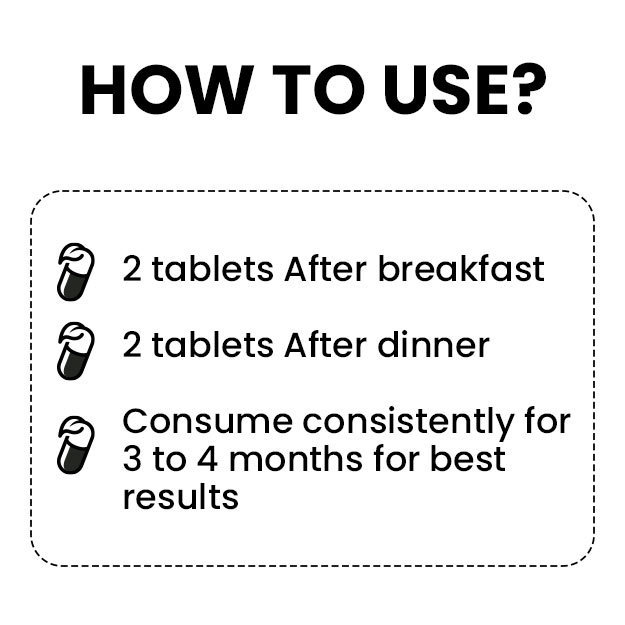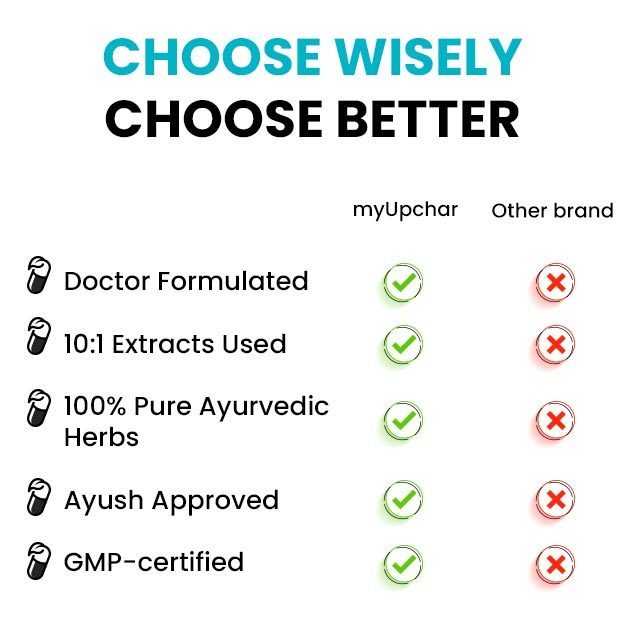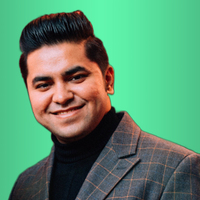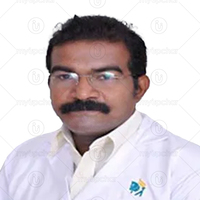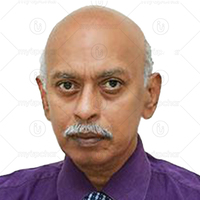The number of people suffering from heart disease is increasing rapidly. This also includes arrhythmia. When a person's heartbeat is not normal, he may have arrhythmia. There are different types of arrhythmias and they all have different names. The names of arrhythmias depend on the cause of the problem. Similarly, supraventricular tachycardia is also considered a type of arrhythmia. It is also known as SVT. This problem affects the upper chamber of the heart. In this the heart beat becomes very fast. Even while resting, a person can have more than 100 heart beats in a minute.In this article you will learn in detail about the symptoms, causes and treatment of supraventricular tachycardia -
(Read more - Tachycardia)

